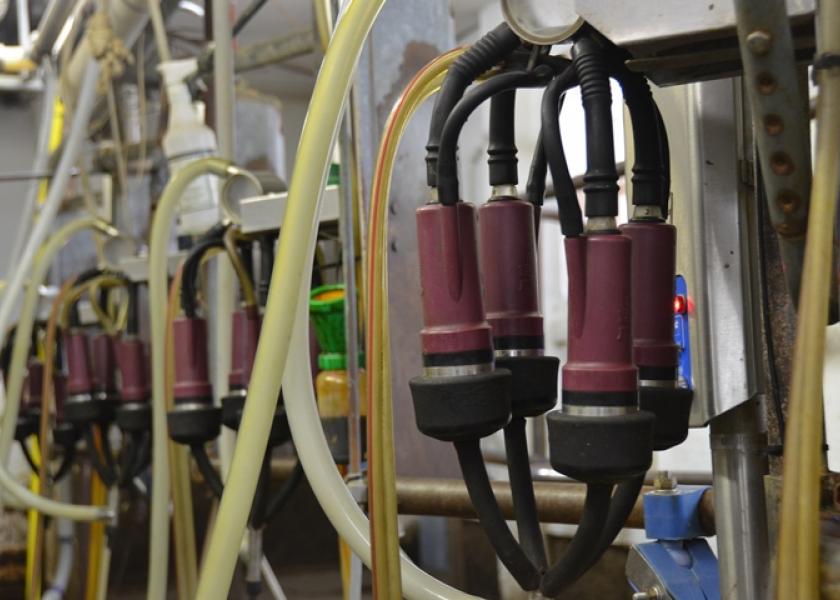Don’t Let Mastitis Causing Pathogens Thrive This Summer

When the weather turns hot and humid, it can create the ideal environment for mastitis causing pathogens to grow. Additionally, cows experiencing intense heat become stressed, which leads to a decreased immune system. Couple these two factors together and you create the perfect storm for mastitis to take a toll on your herd.
According to the National Mastitis Council (NMC), control of environmental mastitis – the most common form of mastitis during the summer months - is achieved by decreasing teat end exposure to potential pathogens or increasing the cow's resistance to mastitis pathogens. Environmental pathogens encompass a wide range of organisms, including Streptococcus and related species, Staphylococcus species, and coliforms such as E. coli and Klebsiella. These pathogens are problematic since response to antibiotic treatment or potential for spontaneous cure can vary by pathogen, according to Cornell University extension.
Prevention of mastitis is important all year round, but especially during the summer months. To keep mastitis causing pathogens at bay this season, follow these tips:
Reduce Bacteria
Bacteria thrives in warm, wet, unkept environments. Therefore, it’s essential to keep bedding clean and dry. Groom stalls daily, if not multiple times a day, and be sure barns are properly ventilated. A well-ventilated environment helps keep bedding dry and cows comfortable.
Environmental conditions that can increase exposure include overcrowding; inadequate manure removal from the back of stalls, alleyways, feeding areas and exercise lots; poorly maintained freestalls; dirty maternity stalls or calving areas; and general lack of farm cleanliness and sanitation, according to NMC.
Follow Protocols
Much of the focus on controlling environmental mastitis falls on consistent milking procedures in the parlor. According to Cornell University extension, milking routines should be managed to reduce the risk of new infections of both environmental and contagious organisms year-round, but especially during the summer months.
It is also important to make sure milking equipment is in good, working order. Milking procedures should focus on milking clean, dry, well stimulated teats with appropriate monitoring of teat health and milk flow data. The best methods of prevention of environmental mastitis is to limit the number of mastitis pathogens to which the teat end is exposed.
Keep Cows Comfortable
A cool, comfortable cow is more likely to have a higher immune system than an animal experiencing heat stress. Cow comfort is a key factor in reducing environmental risks for mastitis, thus making sure facilities are designed with the cow in mind is important, Cornell University extension states.
As the thermometer climbs higher, add ‘keeping cows cool’ to your mastitis management toolkit. Monitor weather patterns closely and adjust cow cooling practices accordingly. If mastitis outbreaks continue to persist, consult with your







